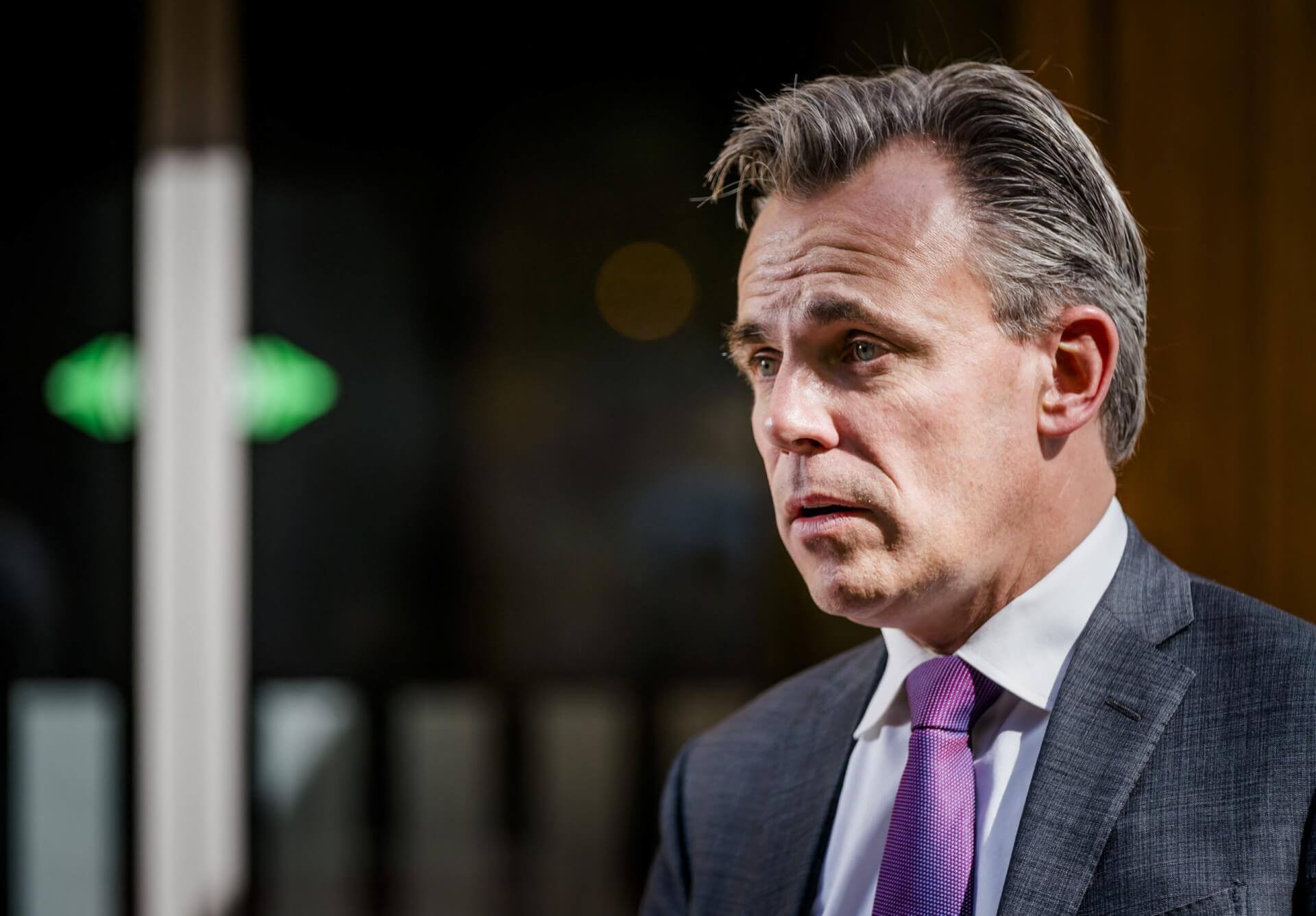The Netherlands’ Ministry of Infrastructure and Water Management has declared a water shortage and said it is likely to go on “for some time to come” despite being a “water country.”
In a press release, Minister of Infrastructure and Water Management Mark Harbers said that despite the country having sufficient rains and rivers, water has become a “precious” resource, wherein shortages have become “increasingly visible.” In fact, he revealed that it is “already having a negative effect on shipping and agriculture in particular” and said other “social interests” would soon become impacted as well.
Harbers clarified that there is still “sufficient drinking water” but nonetheless urged citizens to use tap water consciously, saying, “I ask all Dutch people to think carefully about whether they should wash their car or fill their inflatable swimming pool completely.”
Dutch government declares water shortage due to #drought.
— Water Mark 🚰 (@OtayMark) August 3, 2022
With 2/3 of the #Dutch population living below sea level, droughts can quickly become an acute problem in the #Netherlands, leading to rivers silting up and hampering water traffic.https://t.co/G4vmYtSo4x via @Reuters pic.twitter.com/G9D9uLxxom
Michèle Blom, the chief of the Dutch Public Works and Water Management Agency, said the country has been “getting drier” over the past week due to “evaporation” and a “very low river supply from abroad.”
The Dutch Ministry of Infrastructure and Transporation has said that the water in the Rhine river is flowing at 850 cubic meters per second, which is “exceptionally low for the time of year.” In fact, the drought has already caused a significant depletion of groundwater.
Keeping this deteriorating situation in mind, authorities declared an “imminent water shortage” on July 13, the first level in the country’s water shortage warning system. On Wednesday, they announced a “national water shortage,” activating the “displacement sequence,” which requires the government to give “first priority” to vulnerable areas and prevent “irreversible damage” to nature and other resources. The larger goal will be to ensure a continued drinking water and energy supply.
Furthermore, Harbers told Parliament that water distribution will be handled by the Water Shortage Management Team (MTW), which comprises the Directorate-General for Public Works and Water Management, water boards, drinking water companies, and relevant provinces and ministries. This is the first time the MTW has convened since 2018.
The MTW has already been working on ensuring optimal water distribution by adopting national or subregional measures. The release said that while such actions are not required yet, they could become necessary in the coming weeks.
In addition, Blom said water boards have already adopted measures to “retain water and distribute it as well as possible.” For instance, they have introduced a ban on spraying crops with water in certain regions. She thus argued for the MTW to be given a “heavier coordinating role,” saying it would result in greater efficiency
In a similar vein, Harbers said the MTW would keep shortages “manageable.”
We are behind schedule and need to pick up the pace.
— Alexander De Croo 🇧🇪🇪🇺 (@alexanderdecroo) November 2, 2021
We cannot wait for the next flood, heatwave or forest fire to kill and destroy.
That is why Belgium and the European Union are taking action.#COP26 pic.twitter.com/oqrXPaxcWJ
The current situation is the worst the country has faced since 2003, when water shortages reached level 3, or a “national crisis.” The Netherlands has had five official water shortages over the past century.
One of the foremost contributing factors to this year’s shortage is the ongoing heatwave across Europe, which is undergoing a historic dry spell. In fact, just last month, the European Union issued a warning that the bloc is facing one of the most challenging years in terms of natural disasters like wildfires and droughts.
In fact, the Netherlands has reported its third-highest temperature at 39.5°C and also witnessed its first deadly tornado in 30 years.

